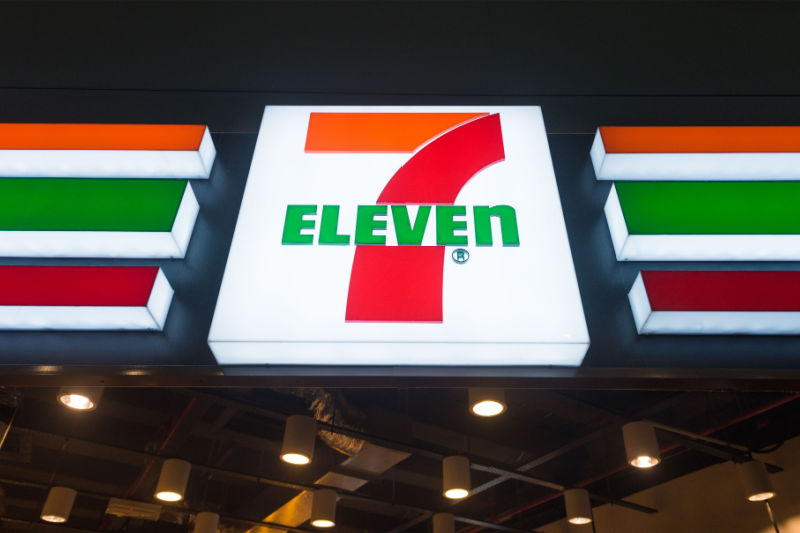EU Commits €10.6 Billion to Compete with Starlink through IRIS2 Satellite Network
On Monday, the European Union made a significant leap in space initiatives by committing €10.6 billion ($11.13 billion) to develop a satellite constellation named IRIS2. This network, consisting of 290 satellites, is designed to provide encrypted global internet connectivity and is positioned as an alternative to Elon Musk's Starlink service for Europe.
The EU's decision to invest in its own satellite infrastructure is viewed as a strategic move to reduce reliance on third-party services, especially given the increasing interest of militaries worldwide in the capabilities offered by Starlink. The goal is for IRIS2 to not only serve European governments and armed forces but also to cater to private customers and achieve full operational capacity by 2030.
Three European companies have been contracted to build the constellation: SES SA from Luxembourg, Eutelsat SA from France, and Hispasat SA from Spain. The project will be funded through a public-private partnership, with the EU contributing €6 billion, the companies together contributing €4.1 billion, and the European Space Agency adding €550 million. This 12-year contract is subject to approval by EU member states, and part of the EU's investment is contingent upon this approval.
The initiative is seen as a critical development for the EU's security and defense sectors. The EU's new defense and space commissioner, Andrius Kubilius, emphasized the project's importance by stating, "We cannot afford to lose connectivity in times of war." He also highlighted the urgency of the project in light of threats such as Russia's jamming of navigation signals, underscoring the need for Europe to maintain its own robust and secure communication systems.


